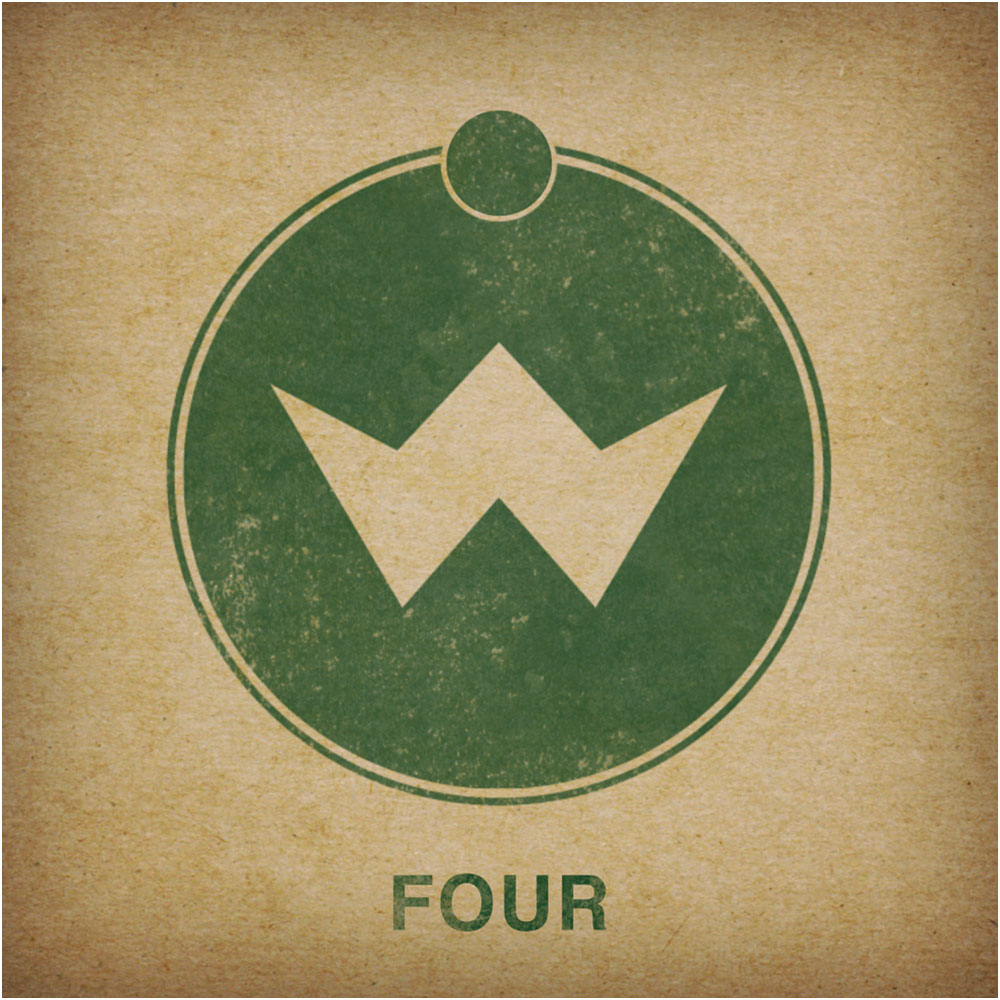
Hillsong
Our God Is Love
Our God Is Love
In this is love, not that we have loved God but that he loved us and sent his Son to be the propitiation for our sins. (1 John 4:10)
Christianity is all about love. And so, rightly, there is a lot of conversation in the church about us being loving people.
Throughout the Scriptures, we’re commanded to love.
Beloved, let us love one another. (1 John 4:7)
You shall love your neighbor as yourself. (Leviticus 19:18)
Jesus himself summarizes the whole law as love for God and love for neighbor (Matthew 22:40).
The apostle Paul reminds the Galatians that “in Christ Jesus neither circumcision nor uncircumcision counts for anything, but only faith working through love” (Galatians 5:6:).
It is love, he says, that “is the fulfilling of the law” (Romans 13:10).
But as important as it is for us to be loving to others, our own love is not the deepest root in Christianity. Our love is not the center. God’s great story of love does not begin with us, but with himself, long before we ever even existed. In 1 John 4:7–12, we find the contours of this great narrative of love. We can outline it in three parts.
God Is Love
First, God is love (1 John 4:8). He is love, and always has been love, and always will be love. Which means that before he created us, he already was loving. In the perfect eternal fellowship of the Trinity—three persons in one being—God always has been loving as the Father has perfectly loved the Son, and the Son has perfectly loved the Father, and the Spirit, so to speak, is the full and overflowing personal embodiment of God’s love.
It is good news that God didn’t just start loving once he created the world. The foundation of his love is eternal and infinite.
God Sent His Son
Second, God demonstrates his love for us climactically in the giving of his Son for us. Romans 5:8: “God shows his love for us in that while we were still sinners, Christ died for us.” For those of us who have faith in Jesus, this is where we get our definition of love. Not from our surrounding society. Not from the latest pop song. Not from our own attempts to love. “In this is love,” says the apostle John, “not that we have loved God but that he loved us and sent his Son to be the propitiation for our sins” (1 John 4:8).
It is good news that a reality as important as love doesn’t begin with us. It begins with God, in eternity past, and then God’s own love for us comes to its highest and fullest and richest expression in his giving of his Son “to be the propitiation for our sins.”
Propitiation simply means that at the cross Jesus became the wrath-absorber for us. Our sins, for which we just deserved the wrath of God and eternity apart from him in hell, Jesus took on himself, in our place—and in doing so, he showed us the very love of the Father. So at Calvary, the love of God triumphed over the sin of man, and the wrath of God, in the death of the God-man, Jesus Christ.
And So We Love
Third, now the stream of love finally flows through us to others. First, it is rooted in eternity past, in the very nature of God as Trinity—God as love. This is God’s love for God. Then, God’s love for us comes to its greatest expression in history in the sacrificial death of Christ for sinners like us. Now, finally, when God’s love has penetrated our hard hearts and thawed them to new life, and made us new creatures in Christ, the love of God becomes a well within us and can begin to flow to others.
It is such good news that the story of love doesn’t begin with us. So when we find our capacity to love others is drained, we need not try to muster up our own strength to love better. We must not. Love comes from outside us. Love begins in God. Our God is love.
And only as we know ourselves profoundly loved by him in the giving of his own Son for us can we truly find ourselves supplied by him to be an extension of his love to others.
From age to age, we will sing of the wonders of such love.
In this the love of God was made manifest among us, that God sent his only Son into the world, so that we might live through him.(1 John 4:9)